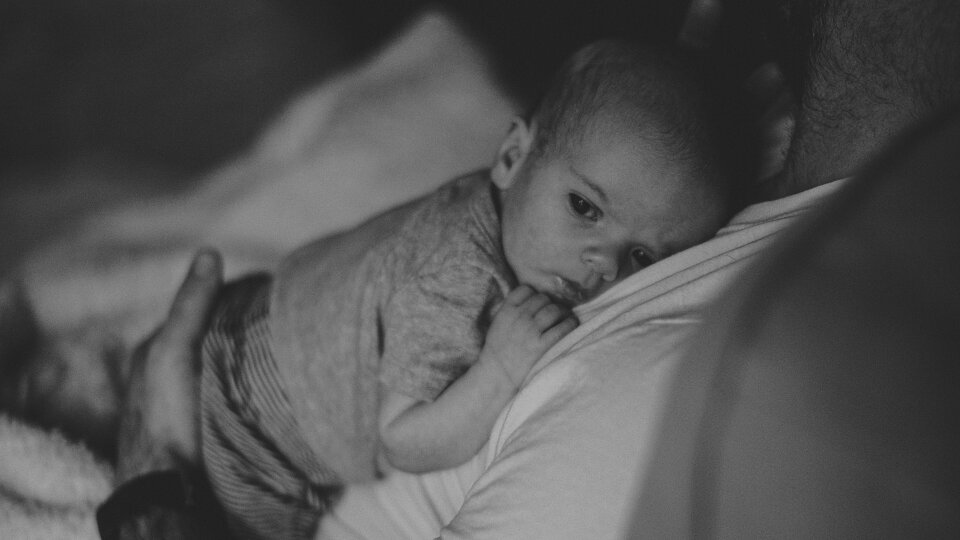What To Know About Adoption From The Beginning
Adoption is a life-changer. It’s selfless and beautiful, and I love it with my whole, big, ol’, fat heart. Some days feel like paradise – one long, perfect, summer day at the beach.
But there’s a messier side of adoption too. It’s the side that can seem a lot like being on a deserted island where all the restless natives look like they want to eat you.
There is a fine line in adoption where redemption and heartbreak are intertwined for the long haul, and learning to hold space for both takes a whole lot of time and grace for everyone involved.
I imagine I don’t sound much like an adoption advocate, but trust me, with the right motives and the right support, adoption is one of the best, best decisions you’ll ever make. Getting to that place of rejoicing can take years, but it’s possible.
“How, pray tell?” you may be asking. Without getting into the stacks of science behind it all, here are a few basic pointers – paraphrased from a psychologist pal – to get you headed on the right track to Adoption Nirvana.
After the adoption is finalized, prepare for it to not go smoothly for at least the first six months. Plain and simple. Pack the rose-colored glasses away for a little while and hunker down. And keep in mind that at different ages and stages, hard conversations might resurface and that is completely developmentally appropriate.
Remind yourself often that even though you might be ready for this new change in your life, your adopted child is not in the same spot. She needs time and patience (oh, the patience!) to make adjustments.
Just consider the long list of changes your adopted child is being introduced to, like new surroundings, food, language, people, smells, clothes, choices, and freedoms. And those are just a few of them.
Then, reduce (and reduce some more) your child’s exposure to as many other new things as you can during the first few months at least. Keep life simple, predictable, and boring.
Children who have been abused and/or neglected usually struggle with attachment. Provide the tools and structure to help them cope. Limit choices. Be clear about your expectations. Be consistent about consequences. Allow them to regress and maybe even re-parent them through the phases they missed – rocking, playing simple games like Patty-Cake, singing nursery rhymes.
When the time comes, affirm to your child in every way you can he isn’t to blame for the seperation from his birth family. When he asks (and he will ask), share with him all the pieces of his past you know in a developmentally appropriate way.
You can trust this tried-and-true advice will help you navigate your adoption, but this only scratches the surface. As life goes, some days will be sunnier than others, and some days you’ll feel alone on an island in the middle of rough seas. But no matter what, stay committed, find qualified support, and bask in the salty sea air of one of the best, best decisions you’ll ever make.


